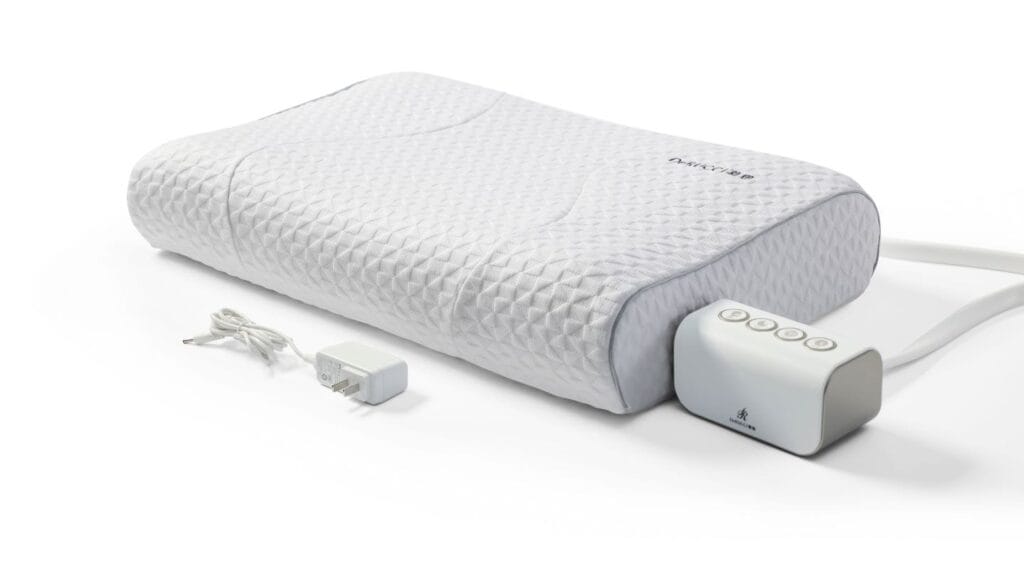

When it comes to new innovations for the bedroom, tech companies aren’t dozing on the potential of the senior living and care market.
Several dozen companies are showcasing sleep tech items, including the DeRUCCI Group’s notable new slate of products, including “smart” pillows and mattresses, at the CES 2024 conference next week in Las Vegas.
It has been known for a long time that older adults’ sleep quality often is poor, and that it can exacerbate existing healthcare problems, or put individuals at risk for new ones.
But a combination of new data-collection tools, such as wearable or remote monitors, have made it easier to track and improve older adults’ sleep habits. In addition, tech tools now are being embedded in beds and mattresses.
Some of the new offerings being released by the DeRUCCI Group:
- Smart mattresses that not only alert users about potential health issues but are connected to a room’s thermostat or lighting systems.
- An anti-snore pillow that reduces the risk of sleep apnea.
- Artificial intelligence sleep monitors and health warnings that can provide personalized breakdowns for older users.
- Inflatable air supports that can adjust for position and texture.
Those products will be commercially available in the United States at some point in 2024, the company said.
Although DeRUCCI’s lineup of new releases is broad, it is not the only company working on such innovations. Other companies that will showcase AI-enabled mattresses and related software at CES 2024 include Amira Health and Anssil Co. Ltd.
One potential new sensor-laden mattress top is a collaboration between tech companies and government space agencies: the foam sensors, which can offer data on a person’s comfort and positioning, first were used on the International Space Station.
Some data exist that, no matter what, older adults naturally lose the ability to get high-quality NREM sleep. But some innovations, such as light therapy, could improve that dynamic as well.


